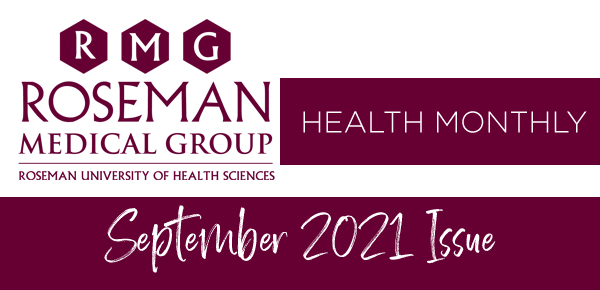The holidays are creeping up! On the flip side of celebrations with family and friends, this time of year also brings busier schedules and heightened stress. With so much going on, healthy eating can fall by the wayside. Then, by the time New Year’s rolls around, we succumb to the siren song of “New year, new you!” because, well, the “old you” might not feel so hot after existing primarily on sugar and empty carbohydrates for weeks.
Indulge in moderation! Food is meant to be enjoyed, especially with loved ones. However, when unhealthy eating becomes a habit, it causes far-reaching health consequences. Eating foods that don’t fill you up and provide genuine nourishment can lead to overeating, weight gain, bad gut health, and low energy.
Enjoying an occasional treat doesn’t have to snowball into a daily struggle. Here are some common scenarios you may find yourself in, and some options to make the best choices for your health.
Living alone
Trigger
“Making meals for one is hard.”
Fix
Your big advantage is that you can prepare anything you’d like because you’re only cooking for yourself. Bring on the spices, flavors, and kitchen chaos. Look at it as an opportunity to try new things in smaller portions. If something flops? Thank you, next! And if you always find yourself with an abundance of leftovers, start a meal swap with some friends.
Trigger
“I can eat whatever whenever because no one is around to judge.”
Fix
Just because you live alone doesn’t mean you don’t have anyone. You have yourself, and you’re important. Set specific mealtimes for yourself and hold to them so you can acclimate your habits to a set schedule. For external support, tap into friends or family members who have healthy relationships with food. Do a daily dinner check-in, send each other pictures of your breakfast, or cook and eat the same meal together via video chat.
Wrangling kids
Trigger
“We’re really busy and I don’t have time to plan out healthy meals.”
Fix
Don’t beat yourself up. Gather healthy meal inspiration as you go – start a Pinterest board, save Instagram posts, bookmark ideas in your internet browser, or ask friends to share their favorite recipes. Get familiar with quick meals (not everything requires the oven!) so you can stock your kitchen with the necessary ingredients to throw together healthy meals fast. Plan what you can, but understand that slips happen. Every day gives you fresh new opportunities!
Trigger
“I just eat what my kids eat – or I don’t eat at all, and then I overdo it later.”
Fix
When you’re putting together snacks for your kids, put together snacks for yourself too. Nuts, dried fruit, bananas, cherry tomatoes, carrot sticks, and whole grain wraps can keep you going through a long day. And drink plenty of water – staying hydrated keeps your energy up and your metabolism going.
Dealing with life stressors
Trigger
“I’m on a tight budget, so I can’t spend a lot of money on healthy food.”
Fix
Healthy eating can be affordable. Don’t be fooled by expensive things posing as being extremely healthy at the grocery store. High cost doesn’t always equal high health value. Focus on getting nutritious low-cost staples like whole grains, eggs, chicken, pork, milk, and seasonal fruits and veggies. Store brand basics are just as good for you, if not better, than something with a snappy tagline that’s twice the price.
Trigger
“My job is understaffed and I’m just exhausted. I don’t have the time or energy to critically evaluate every single thing I’m going to eat.”
Fix
Carve out some time each week to prepare healthy food you can use in multiple quick dishes:
- Boil six chicken breasts and shred them to use in chicken tacos, soup, or salad.
- Hardboil a dozen eggs.
- Roast a few kinds of vegetables that have the same cooking times. Potatoes, carrots, and cauliflower can all share a slow roasting pan.
- Make several black bean burgers and freeze them until you need them.
- Put together a simple dish, like a big pot of lentils and carrots, so you know you’ll have something reliable to eat whenever you need it, no fuss required.
Keep your pantry stocked with ingredients you know you’ll use regularly. This list might include brown rice, lentils, pasta, spices, salsa, and canned goods like beans, chopped tomatoes, green chiles, corn, and chicken broth.
Working in a foodie culture
Trigger
“There’s always unhealthy food around.”
Fix
Make sure you’re eating nutritious, filling meals and snacks throughout the day. You’ll be more equipped to turn down doughnuts in the break room if your stomach isn’t empty from skipping breakfast. If you’re comfortable, let some close coworkers know that you’re staying away from the food deluge. They might feel the same way you do, so you can band together to say, “No thanks.”
Trigger
“All of our company events and get-togethers center around eating.”
Fix
Talk with the people in charge of planning work celebrations and volunteer to help make changes. Address the issue with proactive ideas, not just gripes. Think about the best solutions for your workplace. Could you swap out the holiday happy hour for something non-food based like axe throwing or painting? What about setting healthier parameters for the office potluck?
Your primary care provider can help create a plan to eat right based on what your body needs. Talk with them about the eating challenges your lifestyle presents, and put together a solution together.
Roseman Medical Group provides quality, empathic, patient-centered care. Our primary care providers are dedicated to your health and well-being. Contact us at 702-463-4040 to schedule an appointment.
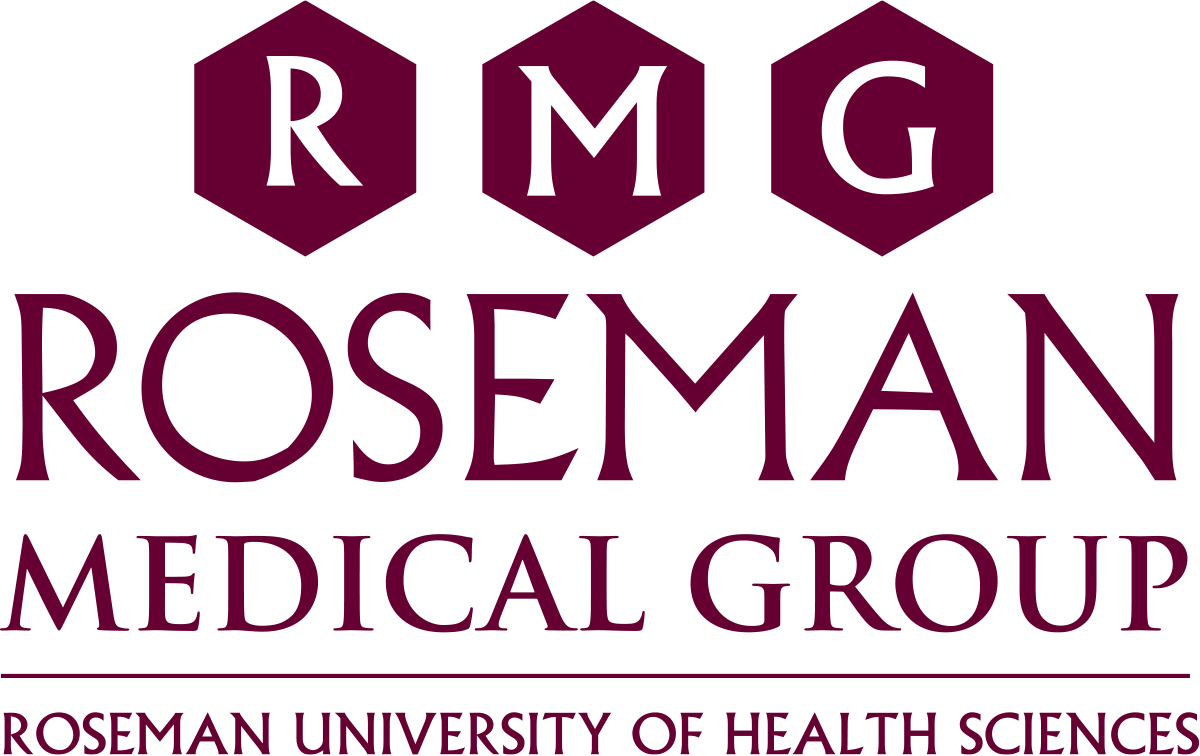





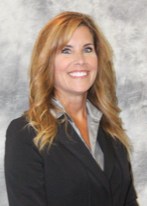
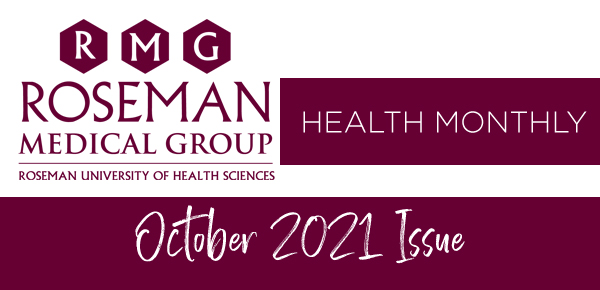


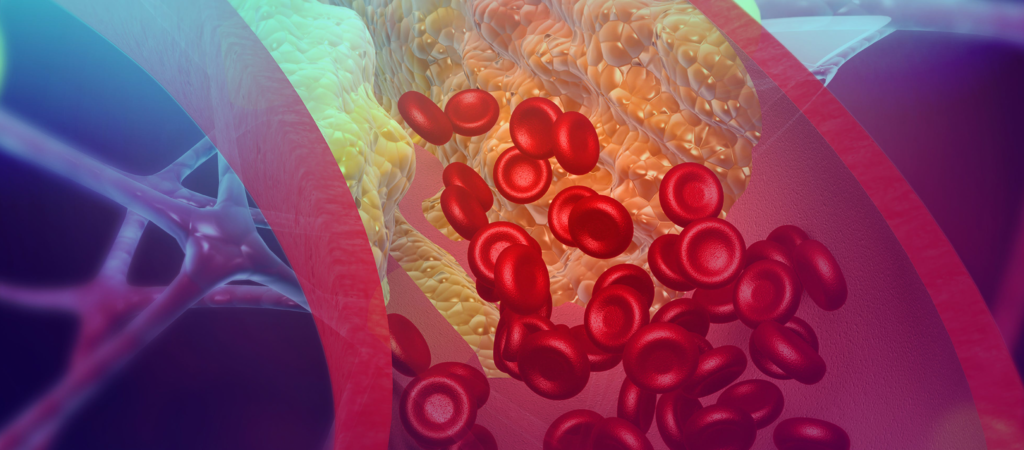

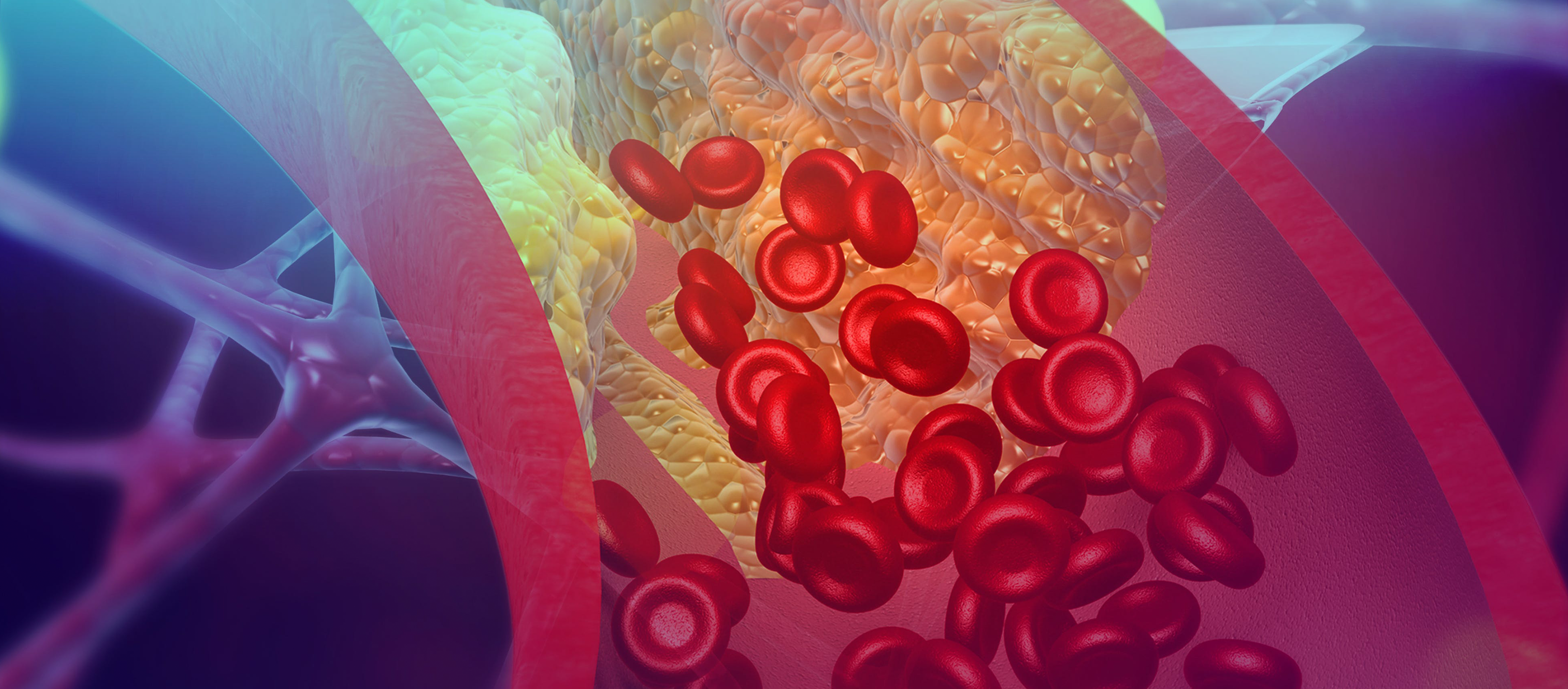
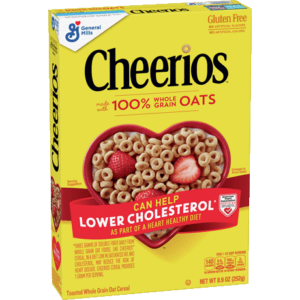 on Cheerios’ expanded claims and asked General Mills to revise its advertising which stated that consuming Cheerios could “reduce cholesterol by 4 percent in 6 weeks” stating that only pharmaceutical companies could make such specific claims.
on Cheerios’ expanded claims and asked General Mills to revise its advertising which stated that consuming Cheerios could “reduce cholesterol by 4 percent in 6 weeks” stating that only pharmaceutical companies could make such specific claims. to risk. Rather, results of a lipid panel, in concert with other factors such as age, blood pressure, smoking status and use of blood pressure medications, create a fuller picture of risk of heart disease.
to risk. Rather, results of a lipid panel, in concert with other factors such as age, blood pressure, smoking status and use of blood pressure medications, create a fuller picture of risk of heart disease.


